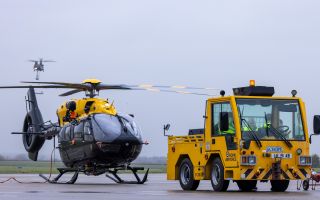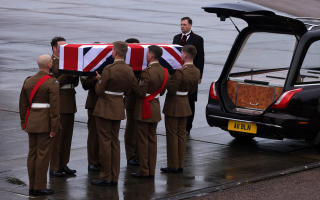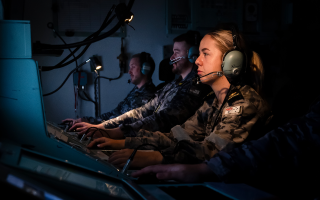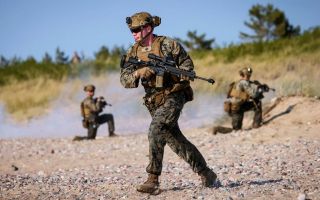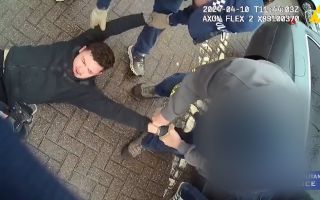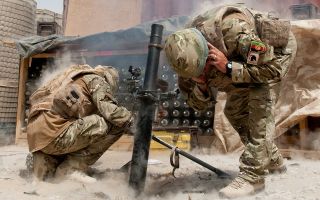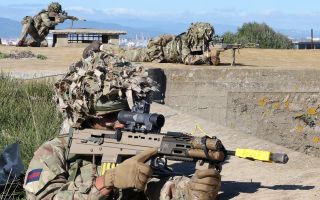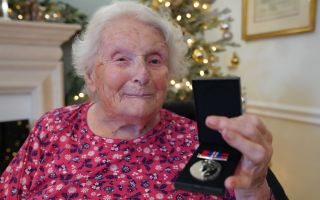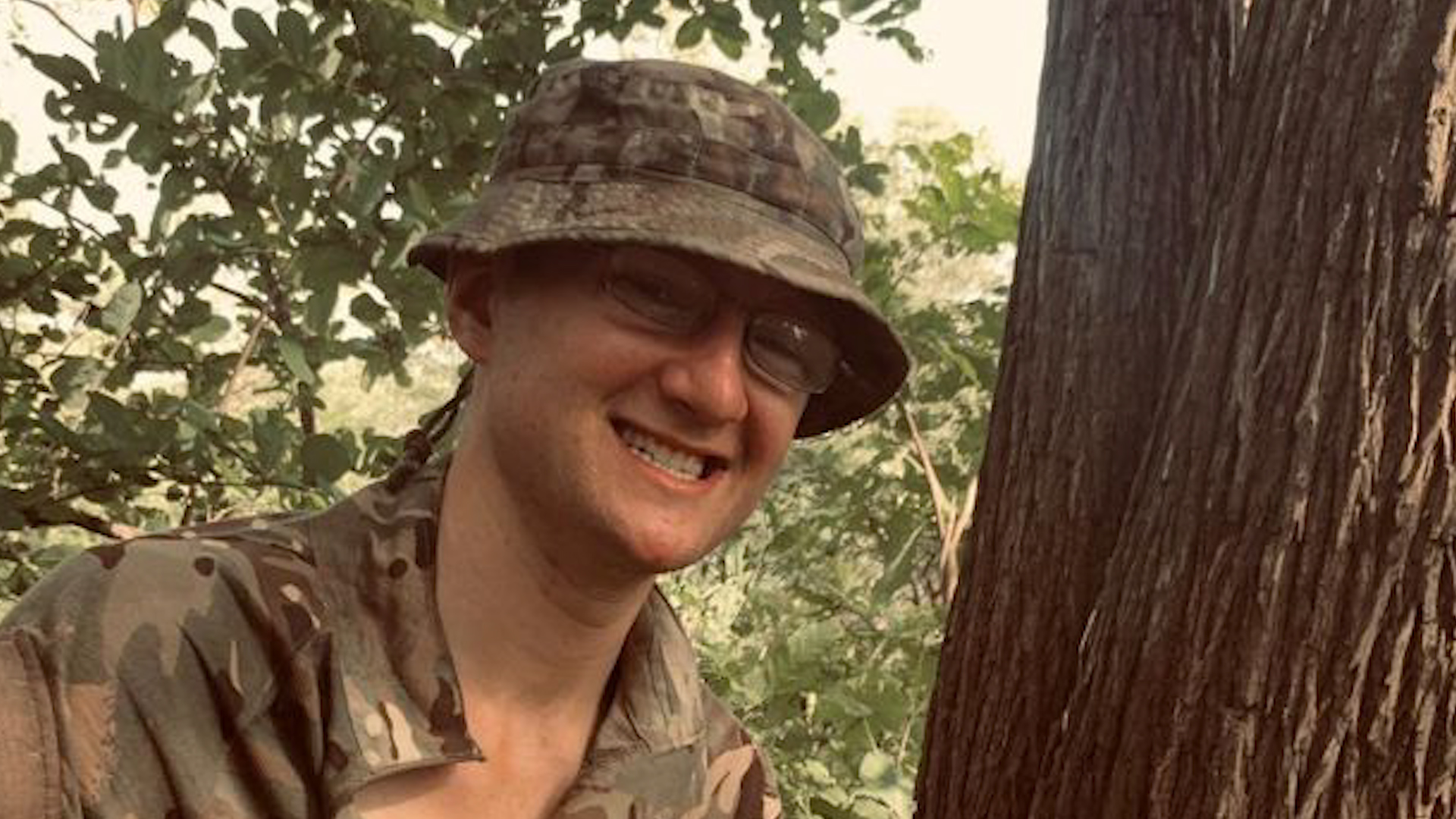
Parents Of Soldier Killed By Elephant Criticise Army Safety Measures

The parents of a soldier killed by an elephant charge on an anti-poaching patrol have said British Army safety chiefs should “hang their heads in shame” after the publication of a report into the incident.
A Ministry of Defence (MOD) service inquiry highlighted short-comings in estimating how long it would take to get a casualty from a remote location to the nearest hospital.
Twenty-two-year-old Guardsman Mathew Talbot, of the 1st Battalion the Coldstream Guards, was fatally injured in the incident in Liwonde National Park in Malawi on 5 May 2019, during his first operational tour.
He was part of a five-man mixed Malawian and British patrol, deployed as part of an anti-poaching operation, when he was attacked.
A report found that medics, praised for their efforts, had battled for over four hours to save his life during the evacuation, but that he was still likely three hours from the nearest hospital.
An Army risk assessment had stated casualties should reach hospital within four hours of an incident, known as the “medical timeline”.
Faulty medical equipment, a lack of blood products and confusion over when pain medication could be offered to the soldier also hindered the emergency transport process.
In a statement from the soldiers' parents said it had taken months “to get any of the answers” from the Army.
“When Matt passed away it was four hours and 17 minutes after the attack and it would have taken at least another three hours to get to the hospital in Blantyre,” they said.
“Those that are responsible for putting these risk assessments in place should hang their heads in shame if they think this is adequate for our brave serving soldiers who are prepared to put their lives on the line for Queen and country.
“This is not just about justice for Matt but also the lives of all the other brave soldiers, as we do not want other families to go through this.”
A consultant-led post-mortem examination found the young soldier’s death was “not preventable” given the circumstances, though the report's conclusions stating Gdsm Talbot would have had a 50% to 60% chance of survival had he reached a hospital.
“The underestimation of the medical timeline and the resources in place to assure it were inadequate,” the report concluded.
The injured soldier was also transported in the back of a Land Rover 130, a vehicle “not designed to be ambulances”.
Just days after the incident, the pre-planned delivery of a Toyota ambulance arrived, the report noted.
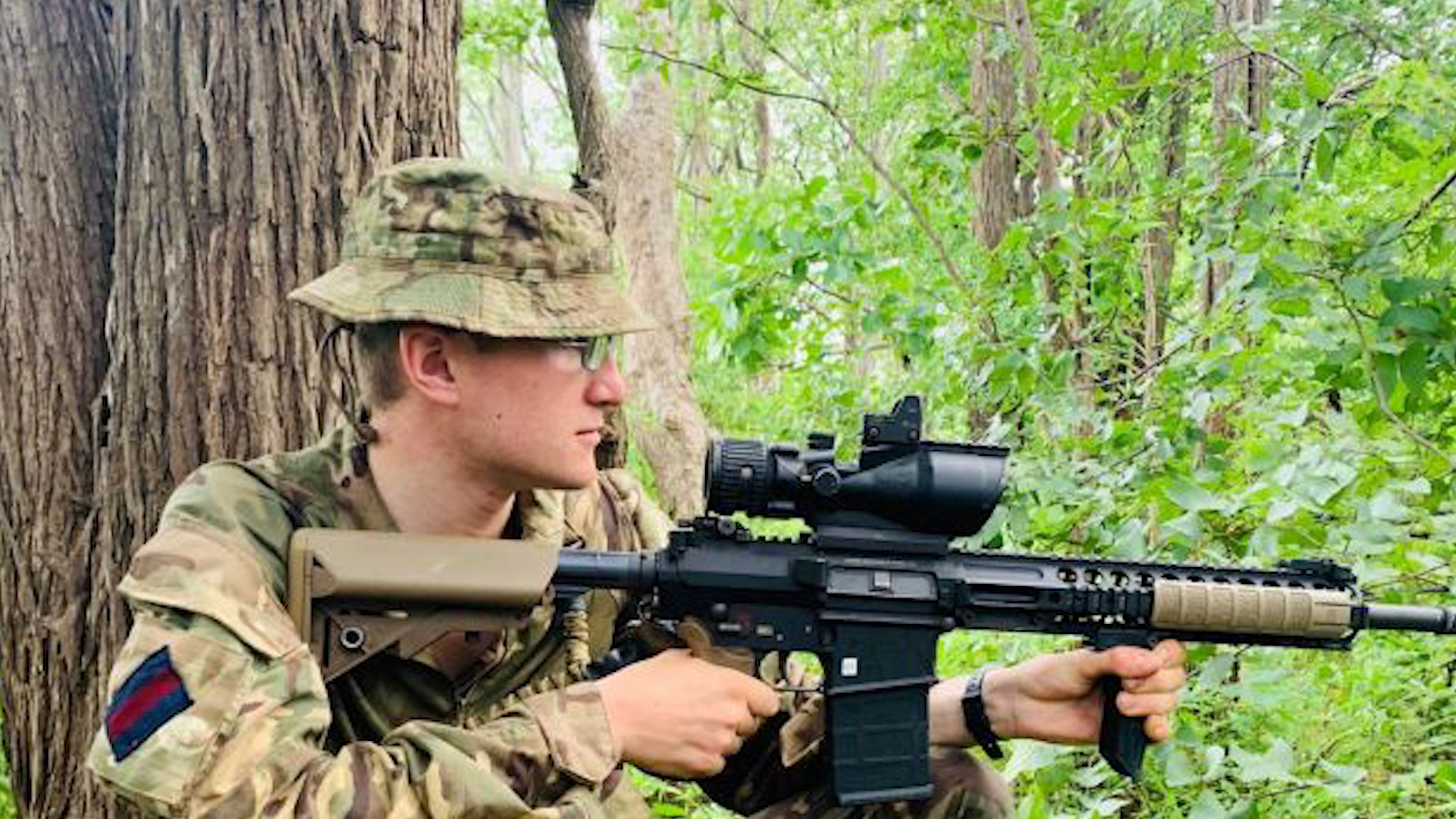
In a statement released through the MOD, Brigadier Ben Cattermole, Commander 11 Brigade, said the Army’s “thoughts and sympathies” were with the bereaved.
He added: “The welfare of our personnel is of the utmost importance and the MOD has accepted all of the recommendations in this report, including robust training to better assess the risk of animal attack and fully rehearsing medical procedures before operations begin.
“We have already put in place plans to implement these recommendations and changes will be made as soon as possible.
“The MOD will review the coroner’s findings when available and address any additional recommendations.”
The inquiry found British soldiers had been unable to aim a shot at the elephant “nor were warning shots permitted under UK rules of engagement”, creating a greater risk and a “dangerous uncertainty”.
The Army’s use of force rules have since been changed, allowing warning shots on anti-poaching operations.
Cover image: Guardsman Mathew Talbot (Picture: MOD).

